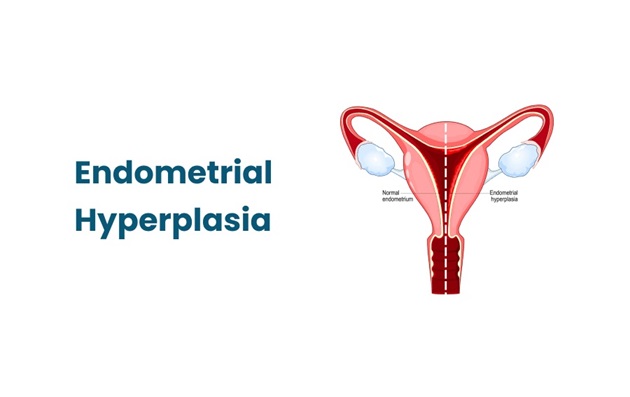Metformin, a widely used medication for type 2 diabetes, has shown potential benefits in the treatment of endometrial hyperplasia (EH)—a condition characterized by the abnormal thickening of the uterine lining, often due to excess estrogen stimulation without progesterone opposition. EH is a precursor to endometrial cancer and is commonly seen in women with polycystic ovary syndrome (PCOS), obesity, and insulin resistance.
Metformin’s Role in Endometrial Hyperplasia
- Anti-Proliferative Effects:
- Metformin inhibits cell proliferation and induces apoptosis in endometrial cells, reducing the overgrowth of the uterine lining.
- Hormonal Regulation:
- It helps restore progesterone sensitivity, countering estrogen dominance that drives EH.
- Reduces insulin resistance, which indirectly lowers estrogen levels.
- Reduction of Inflammation:
- Metformin lowers inflammatory markers, such as TNF-α and IL-6, which are often elevated in EH.
- Potential Cancer Prevention:
- Studies suggest metformin may reduce the progression of EH to endometrial cancer by modulating the AMPK/mTOR pathway.
Clinical Evidence
- Non-Atypical EH: Studies have shown metformin alone or combined with progestins (e.g., megestrol acetate, medroxyprogesterone acetate, levonorgestrel IUD) improves EH resolution rates.
- Atypical EH: Some trials suggest metformin enhances the effectiveness of progestins in reversing atypical hyperplasia, a high-risk precursor to endometrial cancer.
But a recent meta analysis study published in Cochrane found insufficient evidence to either support or refute the use of metformin, specifically megestrol acetate, given alone or in combination with standard therapy, for the treatment of women with endometrial hyperplasia.

